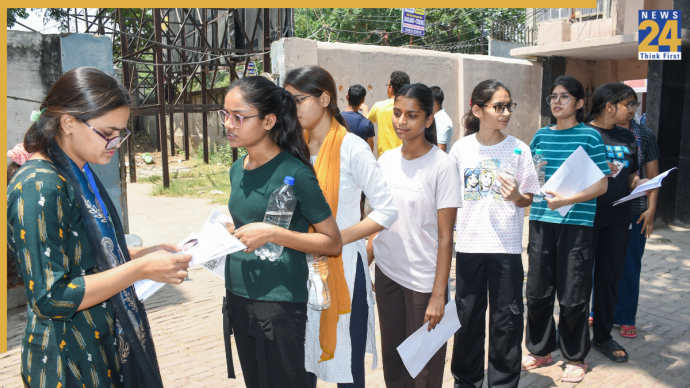In a significant shift, the National Medical Commission (NMC) has make changes in the forensic medicine curriculum for undergraduate medical students, reintroducing several controversial topics. The updated curriculum reintroduces ‘sodomy and lesbianism’ as unnatural sexual offenses and brings back discussions on the importance of the hymen and the definition of virginity. This change reverses modifications made in 2022, which had removed these subjects in response to a Madras High Court directive aimed at making medical education more inclusive and scientifically accurate.
Outdated Sexual Offense Topics Reintroduced
Previously, the 2022 curriculum changes, guided by the court, had excluded sodomy and lesbianism from the category of unnatural sexual offenses. It had also moved away from practices such as the two-finger test for virginity, deemed unscientific and discriminatory. Additionally, distinctions between consensual queer relationships and other sexual offenses like incest and bestiality were highlighted, reflecting a more progressive stance towards LGBTQ+ issues and sexual health education.
Legal Changes In Curriculum
The NMC’s recent revision, however, reinstates these controversial elements, including the emphasis on the hymen and virginity, which were removed under the 2022 curriculum. The revised curriculum also eliminates distinctions between consensual sex and other offenses, integrating a broader and less nuanced perspective on sexual behavior and identity. The curriculum now also includes updated provisions under new laws such as the Bharatiya Nagarika Suraksha Sanhita (BNSS) and the Bharatiya Sakshya Adhiniyam (BSA), focusing on legal aspects of cases like rape, injury, and child protection.
Also Read: Unlock Depression Relief: How Eating Well and Exercising Can Rival Professional Therapy
The curriculum’s changes have sparked criticism from disability rights and LGBTQ+ activists. Dr. Satendra Singh and Dr. Sanjay Sharma, from the Association of Transgender Health in India, have criticized the omission of disability training and topics related to sexual orientation and gender identity from the new curriculum. They argue that these omissions not only affect marginalized groups but also damage India’s reputation internationally.
NMC Drops Disability Training
Despite the pushback, the NMC has not provided specific reasons for these curriculum changes. The revised curriculum also removes the seven-hour training on disability and related topics from medical ethics, a move that has been met with significant concern from advocacy groups. The changes are now available on the NMC’s website for public review.
This update marks the first comprehensive Curriculum-Based Medical Education (CBME) release by the NMC since it replaced the Medical Council of India (MCI) in 2019. The ongoing debate underscores the tension between maintaining traditional views and embracing modern, inclusive approaches in medical education.
Also Read: Know The Laughing Mandate In This Country: How A Province Is Encouraging Daily Joy













